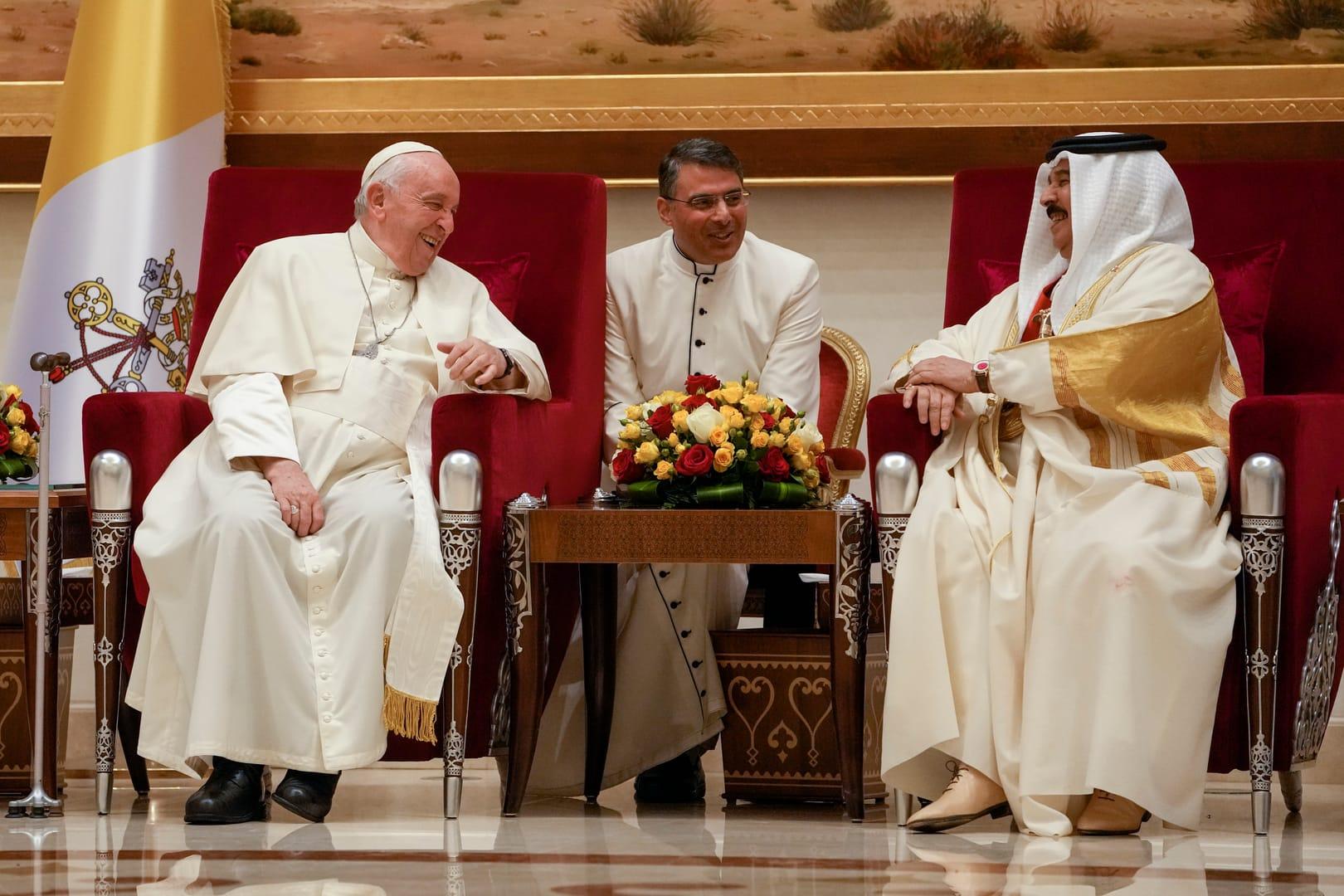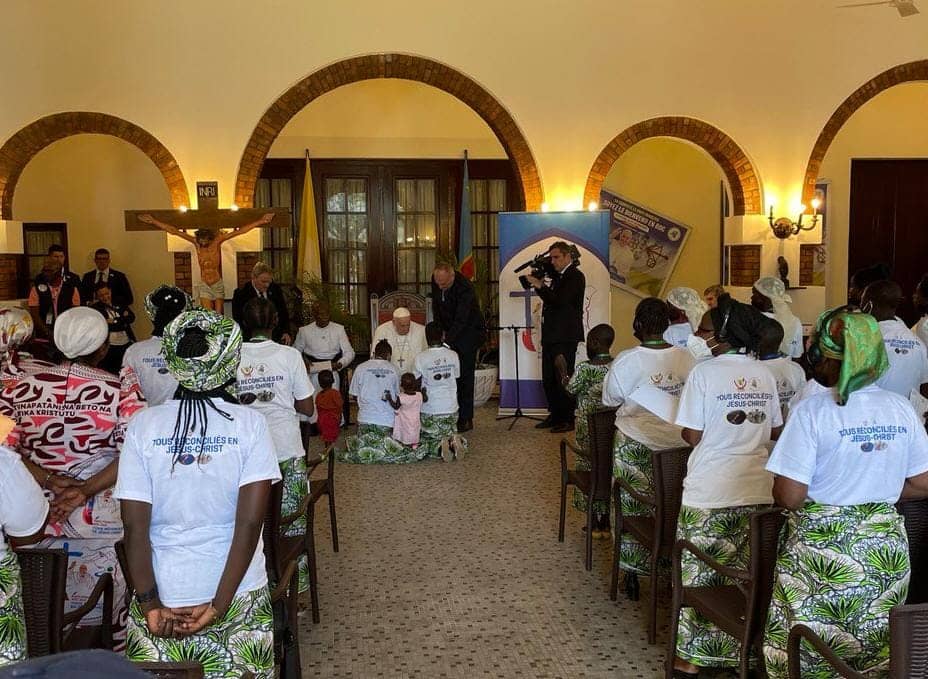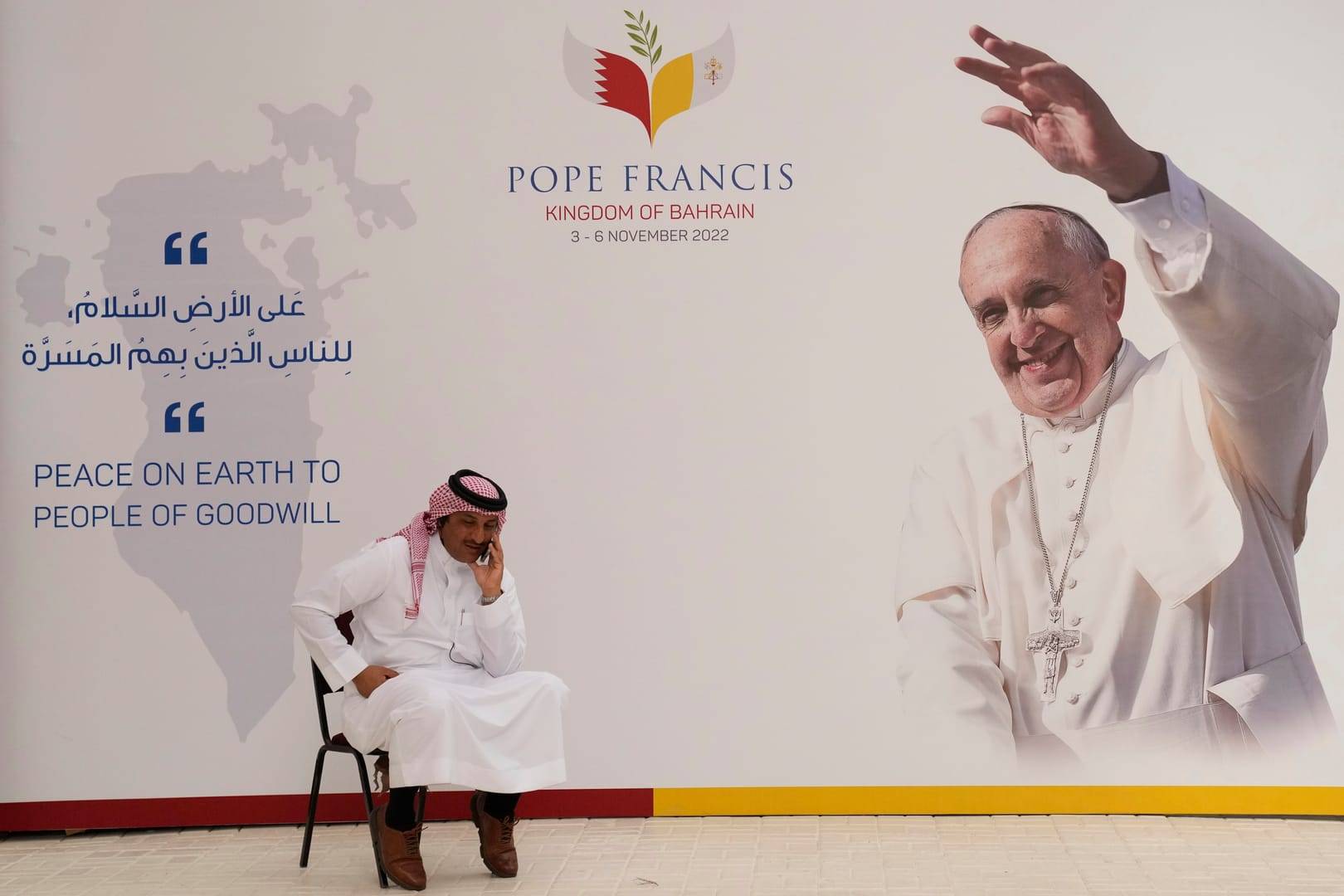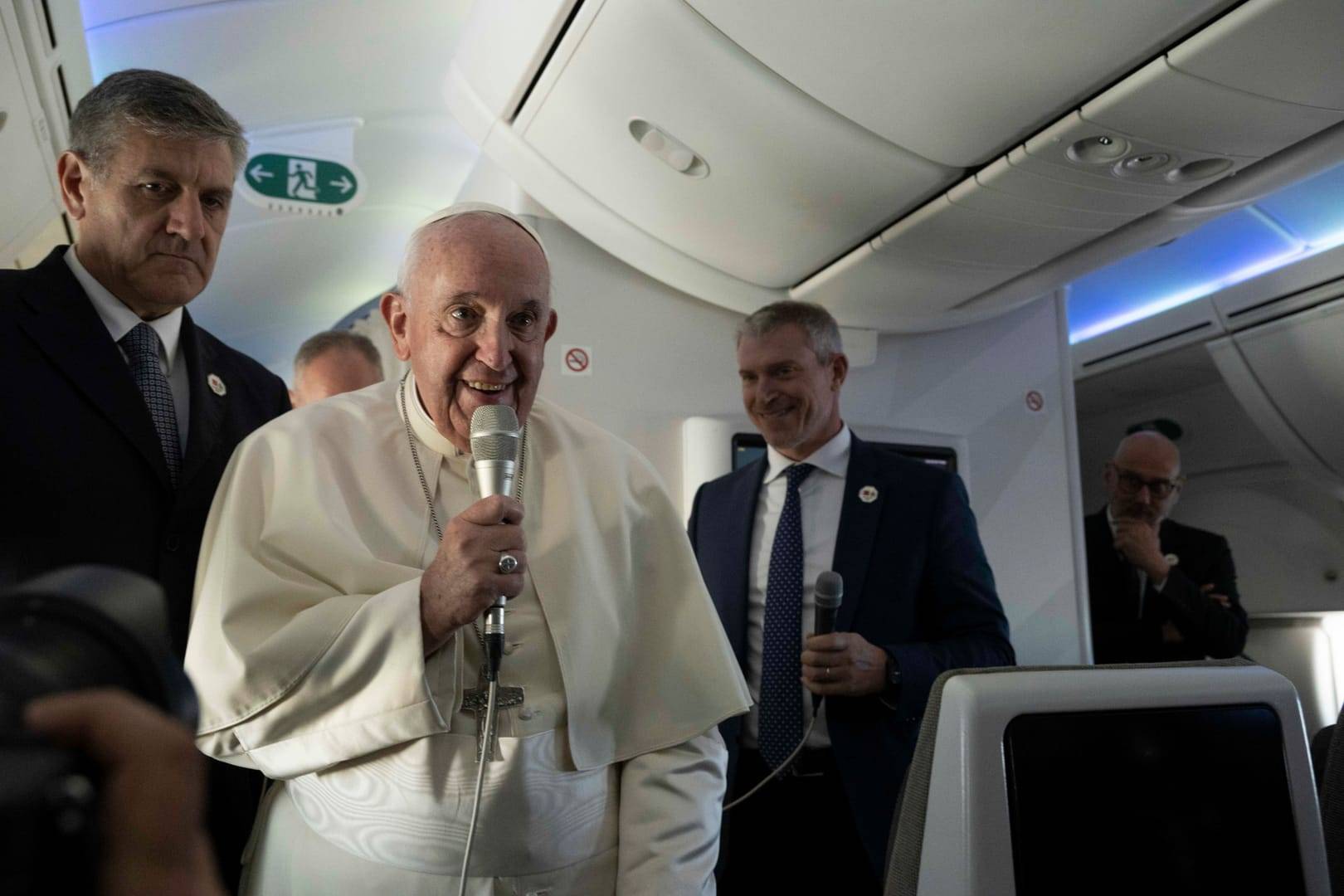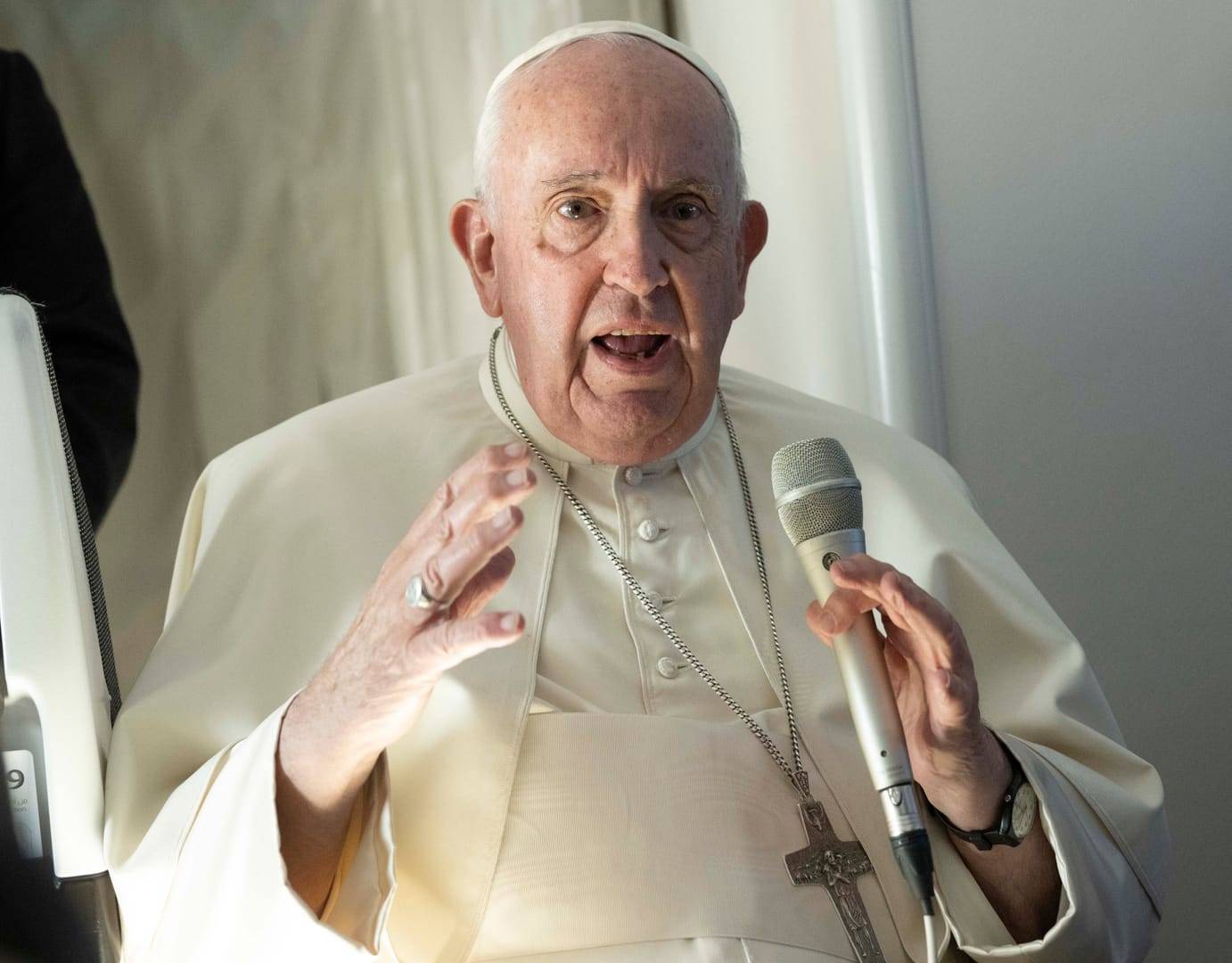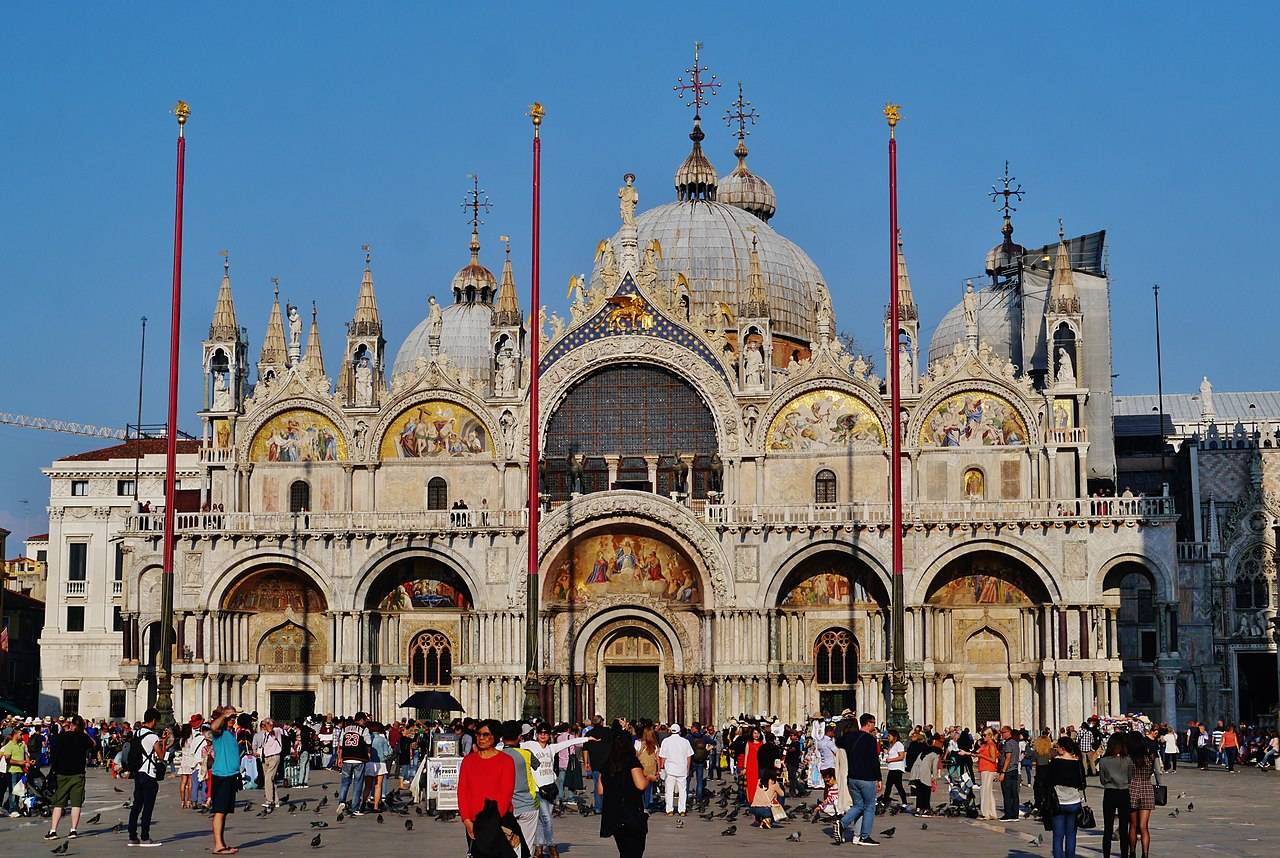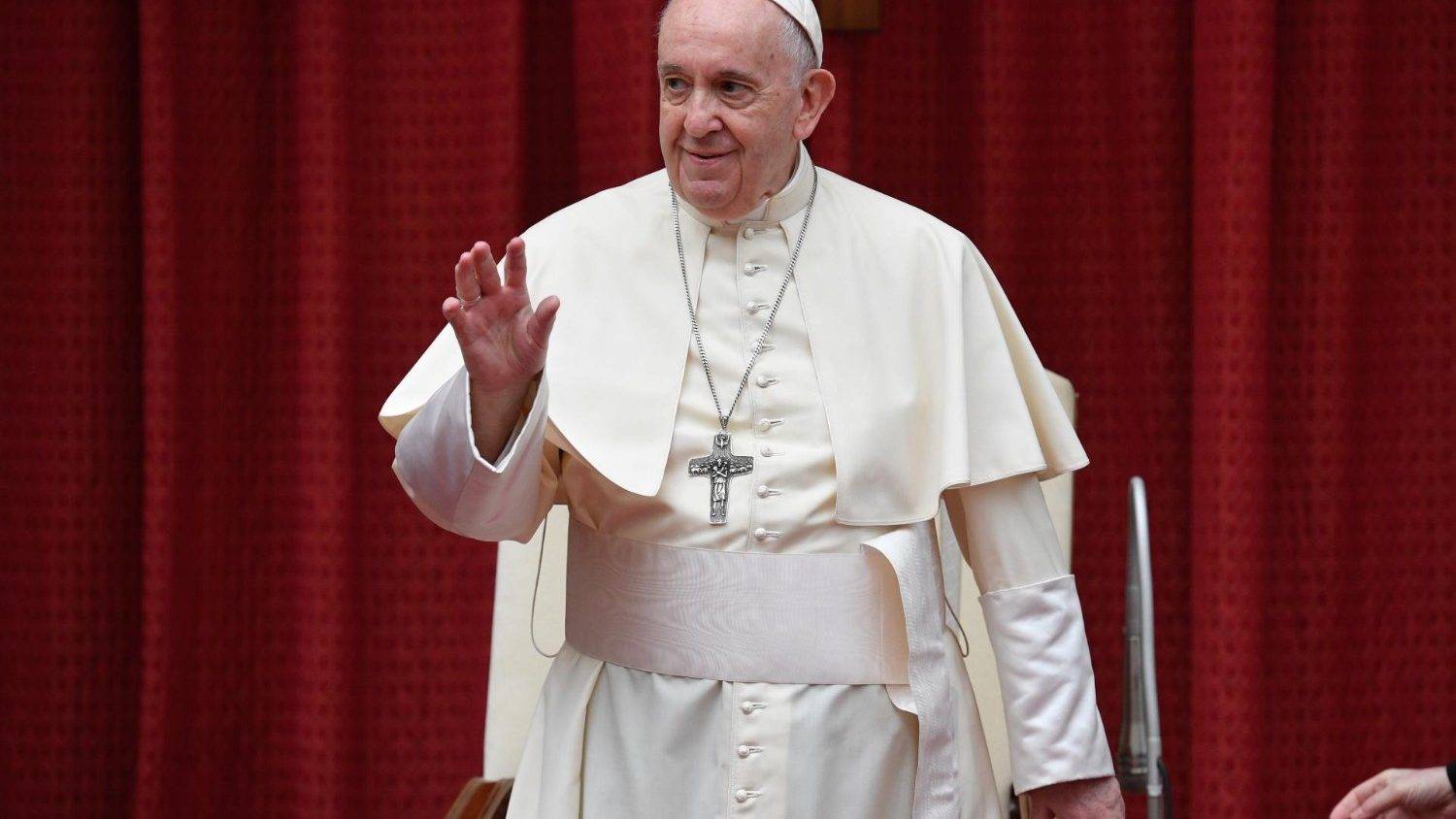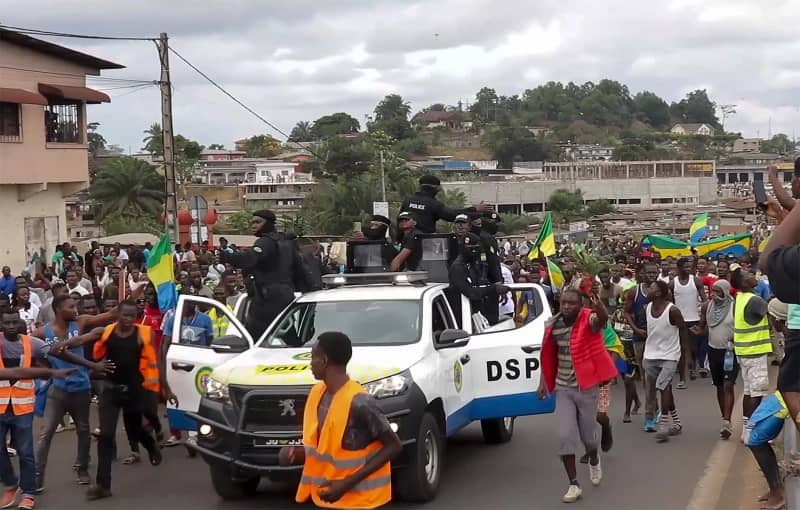ROME – In his first formal appointment in the Gulf nation of Bahrain, Pope Francis Thursday condemned the use of the death penalty, which is still in force in the country and has been condemned by activists who argue that loved ones were unfairly killed after being convicted in sham trials.
Speaking to civil authorities and members of the diplomatic corps in Bahrain, Pope Francis in his Nov. 3 speech cited the country’s constitution, which bans discrimination on the basis of “sex, origin, language, religion or creed,” insisting that “freedom of conscience is absolute,” and that “the state guarantees the inviolability of worship.”
These are commitments that “need constantly to be put into practice,” he said, to ensure that “religious freedom will be complete and not limited to freedom of worship,” and that equal dignity and opportunities will be afforded to “each group and for every individual.”
Yet before all of these guarantees, he said, is “the right to life” and the need “to guarantee that right always, including for those being punished, whose lives should not be taken.”
An avid and outspoken opponent of the death penalty, Pope Francis has described the practice as an attack on “the dignity of the human person,” and asked that it be abolished worldwide.
He is currently beginning a Nov. 3-6 visit to Bahrain for a high-profile interfaith summit titled, “Bahrain Forum for Dialogue: East and West for Human Coexistence,” which is expected to draw other top religious leaders, including the Grand Imam of Al-Azhar in Egypt, Ahmed el-Tayeb.
The visit is largely aimed at building bridges with the Muslim community and strengthening ties with the Gulf region, however, activists have urged the pope to use the trip as an opportunity to speak out against alleged human rights violations.
A group of family members of 12 prisoners currently on death row in Bahrain wrote a letter to the pope in advance of the visit asking him to condemn the death penalty, saying their loved ones had been subject to torture and that previous state executions in 2017 and 2019 had been psychologically excruciating, as they did not know whether their loved ones were among those put to death.
RELATED: Pope in Bahrain must balance dialogue and advocacy
Activists have also complained about what they say is discrimination against the Shia majority, King Hamad Al Khalifa and his family are Sunni, with dozens of Shia mosques having been destroyed since the 2011 uprisings, led largely by Shia pro-democracy activists at the height of the region’s “Arab Spring” uprisings.
In his speech, Pope Francis focused on the image of the so-called “Tree of Life,” referring to an acacia tree that has survived in the desert for centuries with very little rainfall. The secret to its flourishing is found in its roots, which draw water from subterranean deposits.
Francis, who often speaks of the importance of remember one’s roots, praised Bahrain’s ancient and multiethnic past, calling it “a crossroads of mutual enrichment between peoples (and) a place of encounter between different peoples.”
“The country’s greatest riches shine forth in its ethnic and cultural diversity, and in the peaceful co-existence and the traditional hospitality of its people,” he said, saying “Diversity that is not bland, but inclusive, is the wealth of every truly developed country.”
He insisted that a country’s ability to sustain a multiethnic and multi-religious society not only prevents it from isolation, but it is also necessary at a time “when the tendency to turn in exclusively on ourselves and on our particular interests prevents an appreciation of the essential importance of the greater whole.”
Bahrain’s many coexisting national, ethnic and religious groups testify “that we can and must live together in our world, which in these decades has become a global village,” he said.
Francis pointed to growing indifference and distrust throughout the world, as well as various rivalries and conflicts and new forms of populism, extremism and imperialism which he said “jeopardize the security of all.”
He also lamented a growing cultural disparity between various parts of the world, saying “destructive attitudes of conflict” are often preferred to “beneficial opportunities for fruitful encounter.”
To remedy this requires fostering a spirit of fraternity, he said, saying, “May we never allow opportunities for encounter between civilizations, religions and cultures to evaporate, or the roots of our humanity to become desiccated and lifeless! Let us work together! Let us work in the service of togetherness and hope!”
Pointing to the interfaith forum he will participate in, Pope Francis said it can contribute to this sense of working together, and called the event a “precious stage in the journey of friendship that has intensified in recent years with various Islamic religious leaders,” and a “fraternal journey that, beneath the gaze of heaven, seeks to foster peace on earth.”
In terms of Bahrain’s own population, the pope noted that there are a large number of immigrants, with foreign workers making up about half of the residential population.
While many feel at home and happy to have work, there are still high levels of unemployment globally, while many jobs are dehumanizing, he said, saying, “This does not only entail a grave risk of social instability, but constitutes a threat to human dignity.”
He stressed the dignity of labor, saying, “Let us guarantee that working conditions everywhere are safe and dignified, that they foster rather than hinder people’s cultural and spiritual growth; and that they serve to advance social cohesion, to the benefit of common life and the development of each country.”
Francis also praised Bahrain for establishing the Gulf region’s first school for women, and its abolition of slavery 1937, asking that the country be a “beacon through the region” for promoting equal rights and the improved conditions of workers, women, and youth, “while at the same time ensuring respect and concern for all those who feel most at the margins of society, such as immigrants and prisoners.”
“For an authentic, humane and integral development is measured above all by the concern shown to them,” he said.
An appeal for the environment was also made, with Pope Francis asking that the COP27 climate summit in Egypt, which will take place from Nov. 6-18, would be fruitful.
Pope Francis also made an appeal for what he said is the human vocation “to make life flourish,” noting that the world is increasingly witnessing “lethal actions and threats,” and pointed to what he called “the monstrous and senseless reality of war, which everywhere sows destruction and crushes hope.”
“War brings out the worst in man: selfishness, violence and dishonesty. For war, every war, brings in its wake the death of truth,” he said, and asked that military expenditures be diverted to fund efforts to end hunger and invest in healthcare and education.
To this end, the pope specifically lamented the conflict in Yemen, which he said is being “torn by a forgotten war that, like every war, issues not in victory but only in bitter defeat for everyone.”
He offered special prayers for the most vulnerable victims of the war, including children, the elderly, and the sick, begging authorities for “an end to the clash of weapons! Let us be committed, everywhere and concretely, to building peace!”
Francis closed his speech saying that he came to Bahrain as a pilgrim of peace, “because today, more than ever, we are called, everywhere, to commit ourselves seriously to peacemaking.”
He then quoted the Kingdom of Bahrain Declaration, which reads, “We commit to working for a world where people of sincere belief join together to reject that which divides us and concentrate instead on celebrating and expanding on that which unites us,” saying, “So may it be, with the blessing of the Most High.”
Follow Elise Ann Allen on Twitter: @eliseannallen
